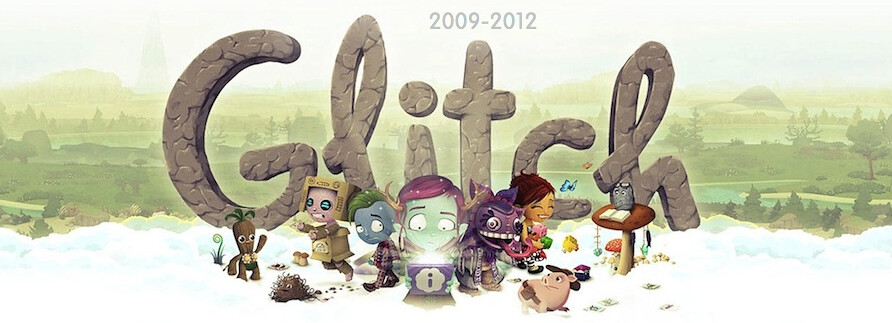
A Brief History of Slack


This original series documents the stories of Canada’s modern tech companies from inception to today.
2002
Stewart Butterfield’s first company, Ludicorp, was created in 2002 to build a game.
2004
Called Game Neverending, the game had failed to gain meaningful traction by 2004. But the game’s embedded photo-uploading tool was popular among players.
2005
As the game itself crumbled around Butterfield, Flickr rose from its ashes. Just one year later, the platform was sold to Yahoo for well over $20 million.
2008
Butterfield left Yahoo in 2008. He penned a quirky resignation letter that described tin as “the most useful of metals” and Yahoo as a firm involved in “grain processing, lighting, and salty snacks.” Many searched for a deeper meaning, but Butterfield’s explanation was simpler: he was an avid reader of satirical news site The Onion.
2009
Butterfield tried again to make a game. His new venture, Tiny Speck, starting developing a new game, called Glitch. Not much information was given about the game at the time.
2010
Tiny Speck raised $5 Million in Series A funding from Accel Partners and Andreessen Horowitz. Glitch at the time was not yet available to play, described merely as a web-based, massively-multiplayer game. It was expected to launch in late 2010. It did not.
2011
The Vancouver-based Tiny Speck raised another $10.7 million in the spring of 2011 from Andreessen Horowitz and Accel. The startup also launched an invite-based beta test of Glitch. Finally, toward the end of the year, Glitch launched. The side-scrolling “cooperative exercise in world building” was expected to break even as a business model at 100,000 players.
Just two months after launching, Butterfield pulled the game, returning it to beta. Tiny Speck wanted “to make the early game reveal itself more easily to new players” while also adding more robust creative tools that could be used “to change the world in more tangible ways.”
2012
Three years into Tiny Speck, it became evident that Glitch was hopeless. “Glitch has not attracted an audience large enough to sustain itself,” an announcement in the fall of 2012 revealed. Some suspected the game’s reliance on Flash was a driving force behind its downfall. Others criticzed the game mechanics. Butterfield went to Twitter to inform the world that while Glitch was dead, Tiny Speck was not.

2013
An internal communications tool developed to connect Speck’s Canadian and US offices had proved invaluable, which sparked the birth of Slack.
2014
Once again something amazing rose of the ashes of a failed game. In early 2014, Slack was announced: “Imagine all your team communication in one place, instantly searchable, available wherever you go,” the startup said. “That’s Slack.”
The collaboration platform targeted at enterprises quickly raised more than $42 million from The Social + Capital Partnership, Accel Partners, and Andreessen Horowitz after gaining several thousand new users monthly. By the end of the year, the company had raised a clossoal $120 million round, valuing the startup at more than a billion dollars—making it the fastest-growing startup ever, anywhere.
“Never before have we witnessed so much user love for an enterprise software platform,” said John Doerr, general partner of KPCB.
“The world is in the very early stages of a 100-year shift in how people communicate, and we’re determined to push the boundaries,” said Butterfield.
2015
When the New Year hit, Slack was adding over $1 million in annual recurring revenue each month at current rates. Despite insulting his own app, it was a company whose growth “had no parallel.” As of February, Slack boasted 500,000 daily active users across 60,000 teams (including 135,000 paid accounts).
In April of 2015, Slack was worth nearly $3 billion. Slack had reached a valuation of $1 billion 1.25 years after launching, ahead of Groupon (1.46 years) and Akamai Technologies (1.58 years). Slack had then reached a valuation of $2 billion just 1.71 years after launching, ahead of companies like Xiaomi Technology (2.24 years) and Instacart (2.58 years).
Today, Slack has more than 1.25 million active users and has reached $35 million in annual recurring revenue.
See also:











